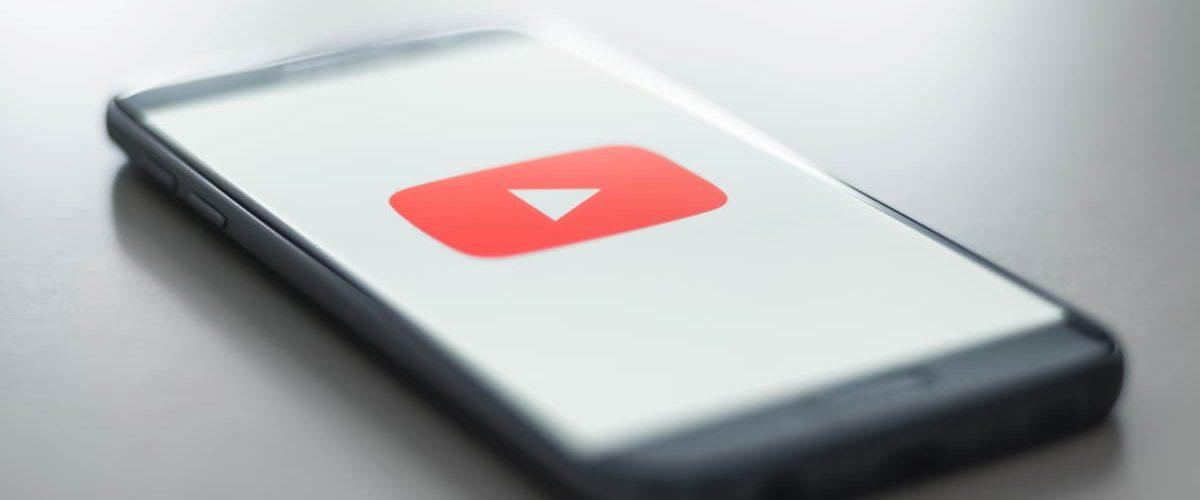YouTube is one of the most popular video-sharing platforms on the internet, with millions of users worldwide. Many users want to download YouTube videos to watch them offline or to save them for later. As a result, there are several YouTube video downloader apps available on the market. However, the question arises whether it is legal to create a YouTube video downloader app. In this article, we’ll explore the legality of YouTube video downloader apps and the potential legal implications for app developers.
The Legality of YouTube Video Downloader Apps
The legality of YouTube video downloader apps is a gray area, and there is no clear answer to this question. On the one hand, YouTube’s terms of service prohibit users from downloading videos from the platform unless they are explicitly made available for download. This means that downloading copyrighted content from YouTube without the owner’s permission is a violation of YouTube’s terms of service and may be illegal.
On the other hand, there are several arguments in favor of the legality of YouTube video downloader apps. First, some argue that downloading YouTube videos for personal use falls under fair use and is therefore legal. Fair use allows for the use of copyrighted material without permission for certain purposes such as criticism, commentary, news reporting, teaching, scholarship, and research. However, it is important to note that fair use is a complex legal doctrine and that not all uses of copyrighted material are fair use.
Second, some argue that YouTube’s terms of service are not legally binding and that app developers are not bound by them. YouTube’s terms of service are a contract between YouTube and its users, and it is generally assumed that users who accept the terms are bound by them. However, there is some debate as to whether the terms of service are enforceable against third-party developers who are not parties to the contract.
Finally, some argue that YouTube’s terms of service are too broad and ambiguous to be enforceable. The terms of service prohibit users from downloading videos from the platform unless they are explicitly made available for download. However, it is not always clear whether a video is made available for download or not. Additionally, the terms of service prohibit users from accessing YouTube content “through any technology or means other than the video playback pages of the Service itself.” This could be interpreted to mean that any third-party technology or means of accessing YouTube content is prohibited, including video downloader apps.
Legal Implications for App Developers
Despite the ambiguity surrounding the legality of YouTube video downloader apps, app developers may face legal implications if they create such apps. First, app developers may be subject to copyright infringement lawsuits if their apps are used to download copyrighted content from YouTube without the owner’s permission. This could result in substantial fines and legal fees.
Second, app developers may face legal action from YouTube itself if their apps violate YouTube’s terms of service. This could result in the app being removed from the app store, a cease and desist order, or even a lawsuit.
Finally, app developers may face reputational damage if their apps are associated with illegal activities. This could harm their future career prospects and make it difficult for them to attract future clients.
Alternatives to YouTube Video Downloader Apps
Given the potential legal risks associated with YouTube video downloader apps, app developers may want to consider alternative solutions for users who want to download YouTube videos. For example, they could create an app that allows users to save YouTube videos for offline viewing within the YouTube app itself. This would be in compliance with YouTube’s terms of service and would not violate copyright laws if the user has the owner’s permission to download the video.
Another alternative is to create an app that allows users to convert YouTube videos to audio files, which can be downloaded legally. This would be a useful feature for users who want to listen to music or podcasts on the go without having to stream them on YouTube. This would not violate YouTube’s terms of service as long as the audio is only used for personal use.
Additionally, app developers could create educational apps that teach users about copyright laws and fair use. This would help users understand when it is legal to use copyrighted material and when it is not. This would also help app developers avoid potential legal issues by educating users about the risks associated with using YouTube video downloader apps.
Conclusion
In conclusion, the legality of YouTube video downloader apps is a complex and gray area. While some argue that downloading YouTube videos for personal use falls under fair use, others argue that it is a violation of YouTube’s terms of service and may be illegal. App developers who create YouTube video downloader apps may face legal implications such as copyright infringement lawsuits, legal action from YouTube, and reputational damage.
App developers may want to consider alternative solutions for users who want to download YouTube videos, such as creating an app that allows users to save YouTube videos for offline viewing within the YouTube app itself or an app that converts YouTube videos to audio files for personal use. Additionally, app developers could create educational apps that teach users about copyright laws and fair use, helping them understand when it is legal to use copyrighted material and when it is not.
In summary, while it may be tempting to create a YouTube video downloader app, app developers should carefully consider the potential legal implications before doing so. By creating alternative solutions and educating users about copyright laws and fair use, app developers can help ensure that their apps are not only useful but also legally compliant.






















Add comment